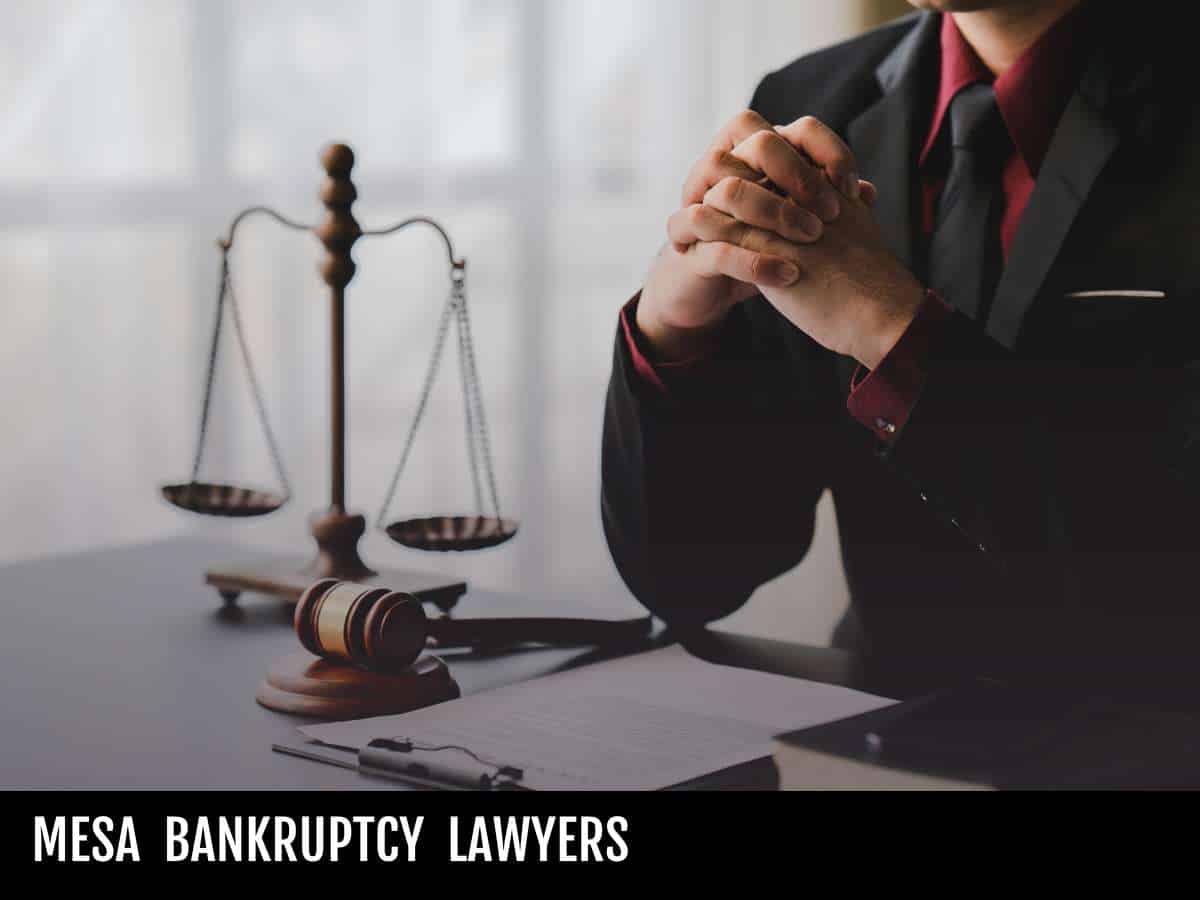It’s no secret that health care is expensive, even with insurance, across the United States. A medical emergency can send a family’s financial situation into freefall if they are unable to immediately afford hundreds or even thousands in health care bills. If someone has a chronic health condition, these bills will keep piling up continuously. If the balance reaches a point that the debtor will not realistically be able to repay it during their lifetime, it might be time to consider filing for bankruptcy. However, there are special factors that should be considered when a potential bankruptcy debtor has a chronic medical condition. Read on to learn more about them, and for your free consultation with an experienced Arizona bankruptcy lawyer, call 480-833-8000.
Getting Medical Attention Post-Bankruptcy
If you regularly see doctors and medical specialists due to a chronic illness, you should be aware of how it may affect your treatment before filing a bankruptcy petition. Most personal bankruptcy cases are filed as either chapter 7 or chapter 13, which can have impact on medical treatments going forward. Emergency rooms are required to provide medical care regardless of whether a patient has discharged medical bills in bankruptcy. Read on to learn more about the distinctions between how medical bills are treated in chapter 7 and chapter 13. If you have additional questions that you would like to be answered by an experienced bankruptcy professional in Arizona, call 480-833-8000.
Chapter 7
Chapter 7 bankruptcy clears unsecured non-priority debts. Medical debts qualify as unsecured non-priority debts that are erased without repayment in chapter 7 bankruptcy. Some doctors will discontinue treatment with a patient if they discharge their bills in bankruptcy. A debtor doesn’t get to pick and choose which debts are included in chapter 7 bankruptcy, so they can’t elect to retain medical debts to continue medical treatment while clearing other debts like credit cards and personal loans. This can become an issue if the debtor has a rare medical condition that requires specialized treatment, or if they live in a remote area where there isn’t a selection of medical professionals who specialize in the debtor’s medical condition. Here, the debtor can pay their medical bills after their case has been discharged despite not having a legal obligation to do so. Then, the medical professional should resume treatment as their bill has been paid.
Chapter 13
Chapter 13 bankruptcy is a payment plan which lasts 3 or 5 years. The length of the payment plan depends on the debtor’s income level. The debtor’s disposable monthly income will also affect which debts are paid off in the plan. Bankruptcy costs, secured debts, and priority debts must be paid in full in a chapter 13 payment plan. After those debts are paid in full, the payment plan starts paying off unsecured non-priority debts, like medical bills. This category of debt could be paid in full in chapter 13, partially paid, or cleared with zero repayment, which will all depend on if the debtor has sufficient disposable monthly income to repay unsecured non-priority debts in their plan. When a debtor has enough disposable monthly income to pay off medical bills in a chapter 13 plan, there is no reason for a medical provider to stop providing medical treatment. But if the debtor’s unsecured debts are cleared because they don’t have enough disposable monthly income to pay them off in the plan, doctors and medical providers may cease treatment as if the debtor had filed for chapter 7 bankruptcy.
Are There Other Debt Relief Options For People With Chronic Medical Conditions?
Bankruptcy isn’t for everyone. Some might not qualify due to income or previous bankruptcy filings, or they might have valuable assets that would be lost if they filed for bankruptcy. The debtor may only have income that is exempt from debt collection, such as Social Security Income, making bankruptcy more effort than the benefits derived from declaring bankruptcy. The debtor may simply not have enough debt to justify filing for bankruptcy. If you have decided that bankruptcy is not how you want to deal with debts from a chronic medical condition, consider some of the options below. If you need help with the decision between bankruptcy and alternative methods of debt relief, contact our firm for your free consultation at 480-833-8000.
- Debt negotiation: Here, a person with medical debt will request that the medical creditor accept a lower payment or payment plan instead of the full balance owed. A medical debtor can retain an attorney for debt negotiation or do it on their own. It’s important to be realistic about how much can be paid and when if choosing to go with medical debt negotiation.
- Hospital debt forgiveness: Most hospitals have programs in place to forgive medical bills for low-income patients. Depending on the patient’s income level, some or all of their hospital bills can be forgiven. However, this strategy is only available for debts arising from hospital visits. Private medical providers might not have these types of programs available.
- Find a way to pay your medical bills: If you have income that is not immune from collection and have tried the two previous debt-relief methods without success, you will either need to pay off your debts or turn to bankruptcy. You might need to cut back on discretionary spending, sell treasured assets, pick up a side gig or second job, or even cash in retirement savings if you are dead set on not declaring bankruptcy. However, we recommend checking first to see if your assets would be protected in bankruptcy before taking any of these steps.
Timing a Medical Bankruptcy Filing
Unless you are in an emergency debt collection situation, such as a home foreclosure or a wage garnishment, you should take the time to plan a medical bankruptcy and make sure it is filed at the most opportune time. It is usually preferable to wait until medical treatment is completed before filing a medical bankruptcy, but this isn’t always possible, especially if the patient has a chronic health condition. You should discuss your financial situation with your health care providers if you believe you won’t be able to pay your bills without filing for bankruptcy, as they may prefer to offer you an alternative rather than having their whole bill cleared. There are countless factors that can impact when is the best time to declare bankruptcy. To discuss your situation and how these factors will apply, call 480-833-8000 to schedule your free consultation with our firm.
Start Your Search For Quality Arizona Bankruptcy Representation Here
Dealing with a chronic health condition is difficult, but filing for bankruptcy to address the associated debts doesn’t have to be. If you are considering medical bankruptcy due to overwhelming bills from a chronic health condition, you can make the bankruptcy process easier on yourself by retaining a high-quality Mesa bankruptcy attorney to handle your case. Don’t let medical bills continue to damage you and your family’s financial situation. Learn more about the bankruptcy process in Arizona by scheduling your free consultation with our firm- call 480-833-8000 to get started today.







